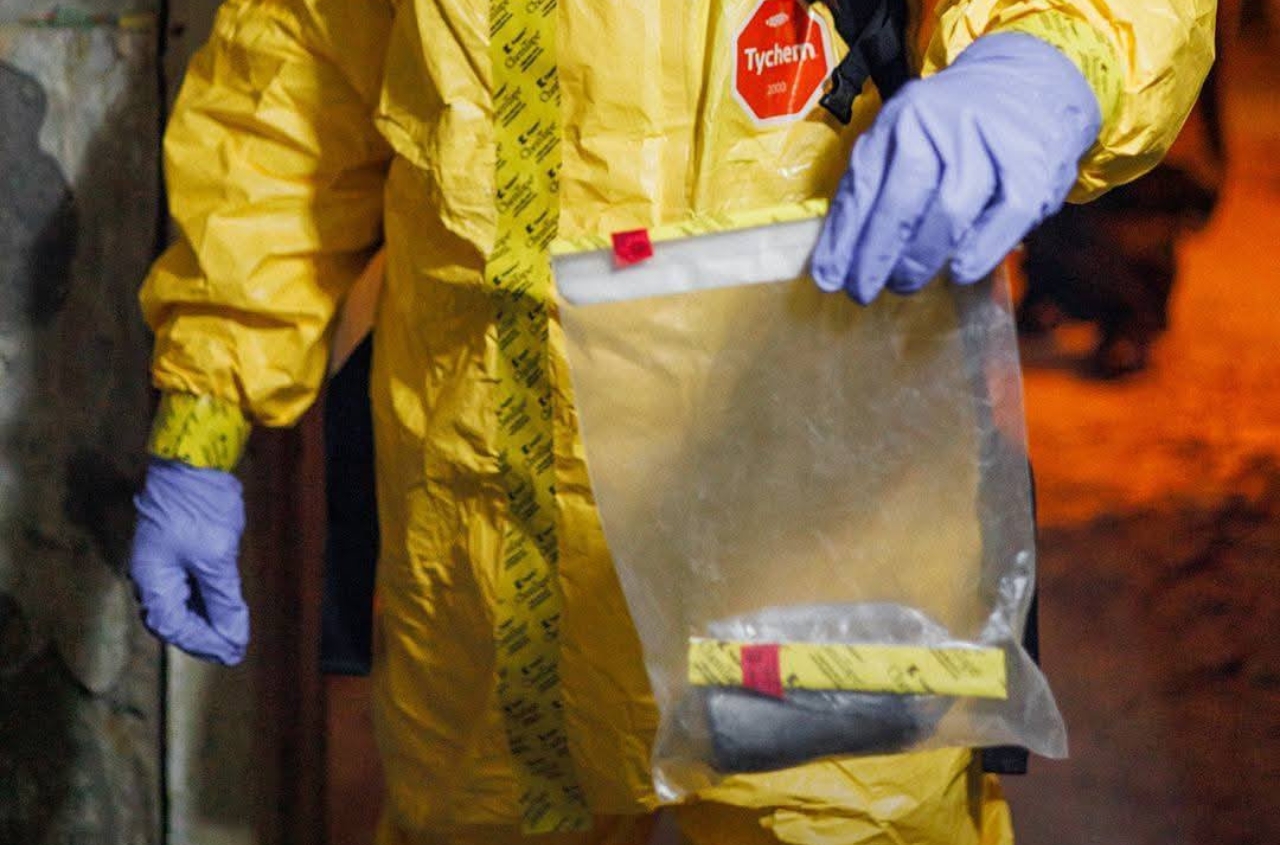The European Union believes that Russia’s actions in Ukraine pose a serious threat to nuclear safety and the monitoring work of IAEA missions. The statement was made by the EU delegation at the IAEA Board of Governors’ session on nuclear safety, as published on the website of the European External Action Service.
“The EU and its Member States remain deeply concerned over the nuclear safety and security risks caused by Russia’s illegal war of aggression, its seizure of the Zaporizhzhia Nuclear Power Plant and the intense military activities in the vicinity of Ukraine’s nuclear power plants,” the statement said.
The EU emphasizes that Russia’s actions “pose a serious threat to nuclear safety, as well as to the rotation and monitoring work of the IAEA.”
The bloc continues to support key IAEA missions in Ukraine and stresses the importance of adhering to the seven indispensable pillars outlined by the agency’s Director General to ensure nuclear safety during armed conflict.
“We call on the Secretariat to provide an update on its work on reviewing challenges related to nuclear safety and security in armed conflicts. This was requested by the nuclear safety resolution adopted by the IAEA General Conference last year. We will address nuclear safety issues in Ukraine in more detail under item 8."
Ukraine, along with Albania, Bosnia and Herzegovina, Georgia, Iceland, Montenegro, North Macedonia, Norway, and Moldova, has joined the statement.
IAEA Director General Rafael Grossi told the Board of Governors that the security situation at the Zaporizhzhia Nuclear Power Plant remains unstable, as six out of the seven key pillars of nuclear safety have been compromised. Water levels in the cooling pond have dropped to 13.4 meters.
According to Grossi, only one external power line currently supplies the plant, creating “serious safety risks.” All six reactors remain in cold shutdown, and under current conditions, none of them can be restarted safely.
The seven indispensable pillars of nuclear and physical safety highlighted by the EU include:
- Maintaining the physical integrity of nuclear facilities, including reactors, spent fuel pools, and radioactive waste storage sites
- Ensuring the operability of all nuclear safety and security systems and related equipment at all times
- Allowing operational personnel to perform their duties and make safety decisions without undue pressure
- Securing reliable external power supply to all nuclear facilities
- Maintaining an uninterrupted logistical supply chain for nuclear sites and two-way transportation
- Ensuring the operation of radiation monitoring systems on-site and beyond, along with emergency preparedness and response measures
- Guaranteeing robust communication channels with regulatory authorities and other relevant stakeholders.




















